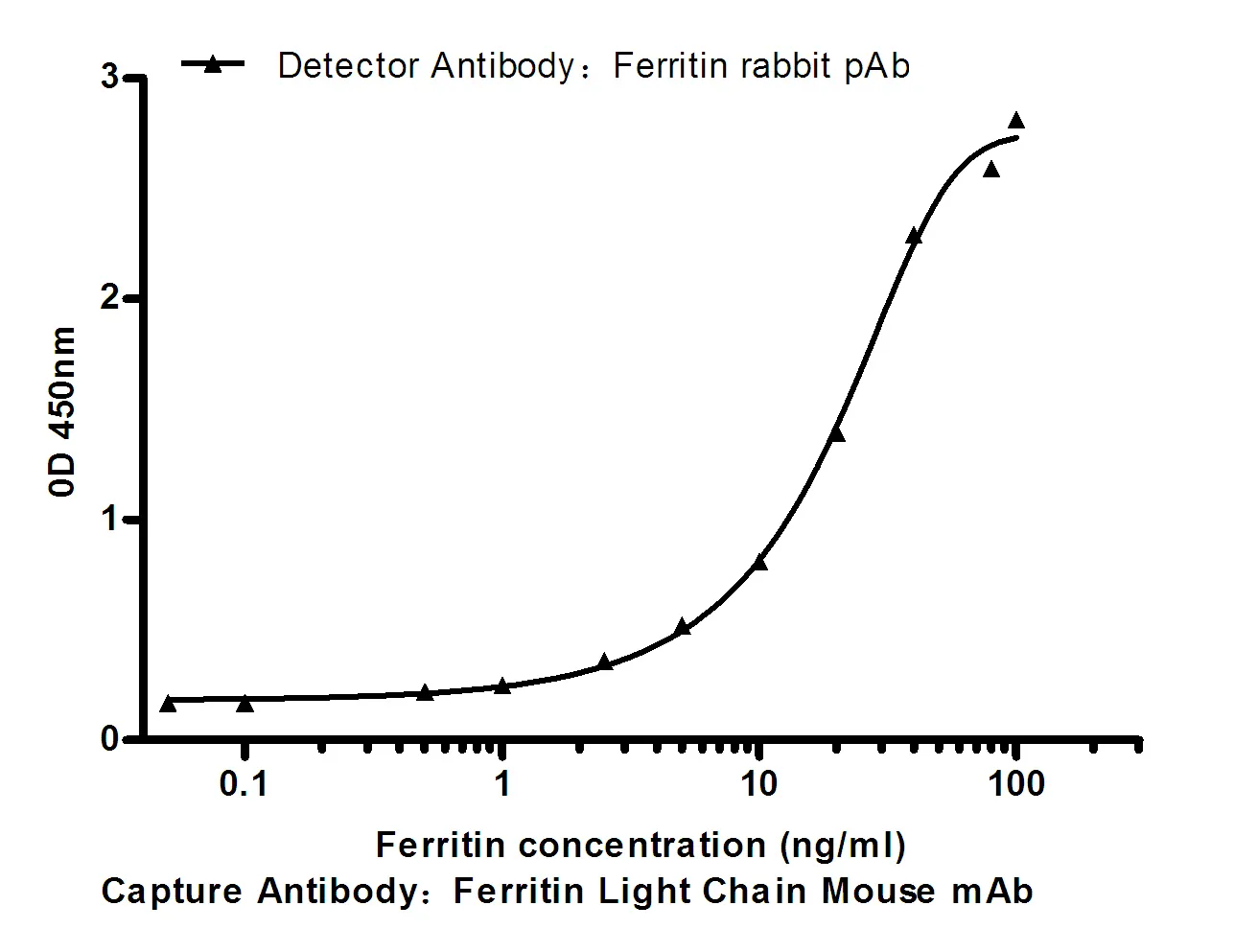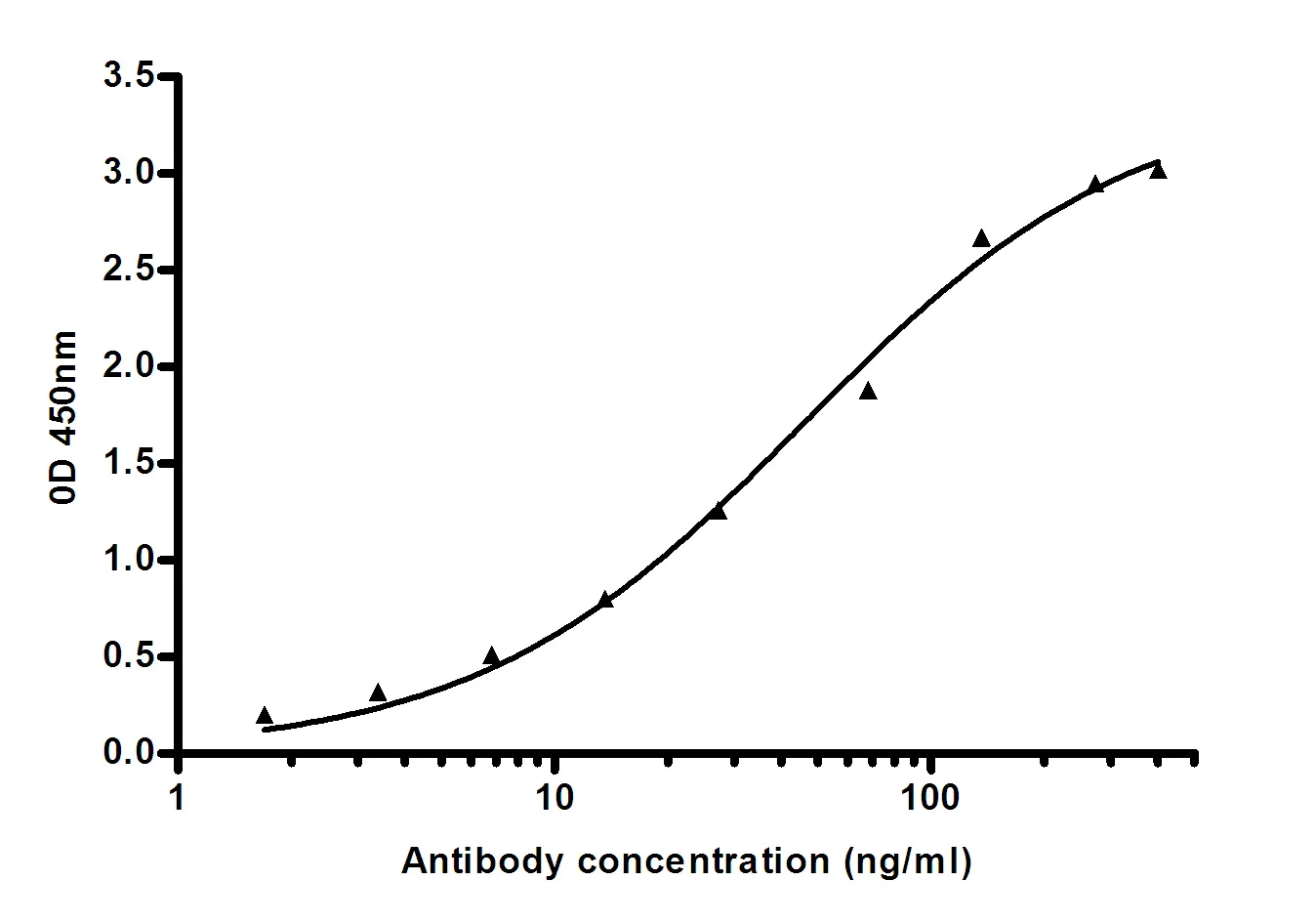Summary
Performance
Immunogen
Application
Background
Bone marrow stromal cell antigen-1 is a stromal cell line-derived glycosylphosphatidylinositol-anchored molecule that facilitates pre-B-cell growth. The deduced amino acid sequence exhibits 33% similarity with CD38. BST1 expression is enhanced in bone marrow stromal cell lines derived from patients with rheumatoid arthritis. The polyclonal B-cell abnormalities in rheumatoid arthritis may be, at least in part, attributed to BST1 overexpression in the stromal cell population. [provided by RefSeq, Jul 2008],catalytic activity:NAD(+) + H(2)O = ADP-ribose + nicotinamide.,disease:Rheumatoid arthritis (RA) patients show enhanced expression of BST-1 transcripts in bone marrow stromal cell lines. This suggests that BST-1 overexpression may play a role in B-cell abnormalities in RA.,function:Synthesizes cyclic ADP-ribose, a second messenger that elicits calcium release from intracellular stores. May be involved in pre-B-cell growth.,similarity:Belongs to the ADP-ribosyl cyclase family.,subunit:Homodimer.,tissue specificity:Widely expressed.,
Research Area
Nicotinate and nicotinamide metabolism;Calcium;



